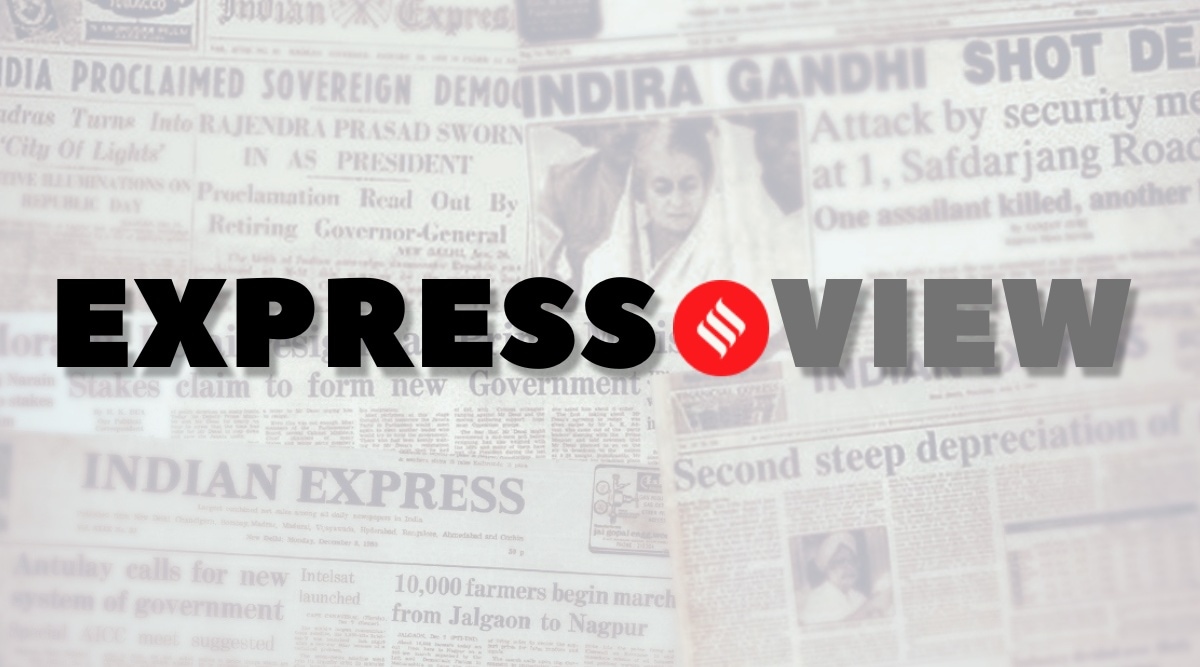 Thursday was a crowded day but CJI Ramana's tenure has also been marked by what might have been.
Thursday was a crowded day but CJI Ramana's tenure has also been marked by what might have been. Thursday was an unusually busy day in the Supreme Court, with outgoing Chief Justice of India NV Ramana-led benches hearing crucial matters — from a review petition on the PMLA judgment to public interest litigation in the Bilkis Bano case, and the Pegasus snooping matter. The flurry of cases, the stirring of processes of justice, is enormously welcome. But as CJI Ramana steps down from the highest court, it would surely be a matter of regret for him, and the institution, that his tenure seemed to quicken only at its very end. Having said that, the SC Thursday did well to take a first step, hopefully towards undoing justice in the Bilkis Bano case, by seeking the Gujarat government’s response to the plea challenging the release of 11 convicts after remission of their sentences. It is heartening, again, that it has agreed to reconsider, in open court, two aspects of its own judgement on the PMLA — on the need to provide ECIR to the accused, and on reversing the presumption of innocence, two aspects key to due process. In July, the SC had upheld the law which gives unchecked powers to the ED for arrest, search, attachment and seizure in cases of money laundering. On the Pegasus matter, however, the SC appears to have dropped the ball — having set up a technical committee instead of pushing the government to respond to allegations that it used spyware to snoop on citizens, the court seems to have accepted, without demur, what the committee has to say on the government’s refusal to cooperate.
Thursday was a crowded day but CJI Ramana’s tenure has also been marked by what might have been. His rulings on sedition and, initially, even on Pegasus, were forthright — he presided over the SC’s welcome decision to revisit the constitutionality of the widely misused colonial-era law, and it was under his leadership, too, that the court moved the needle on privacy, press freedom and the limits of national security as an alibi for governments. But in both, the court, having taken a step forward, did not push through. Other cases involving important constitutional questions and matters concerning citizens’ freedoms and arbitrary use of power by the executive, from the abrogation of Article 370 to electoral bonds and the policy of demonetisation, have waited endlessly for their day in court. Now, under the new CJI, UU Lalit, the SC has taken an important step forward on some of these cases — starting next week, the court has picked 25 that will be heard by five-judge Constitution benches. But this show of alacrity has been a long time coming.
On judicial appointments, the SC collegium led by CJI Ramana has a far more bracing record — it made more than 250 recommendations for judges to the high court, bringing down vacancies to their lowest level since 2016. The same collegium also cleared, for the first time, names of three women judges for elevation to the top court, including one who could become the first woman CJI. In a mixed legacy, these are high points for CJI Ramana’s successor, even in a short tenure, to carry forward and build on.